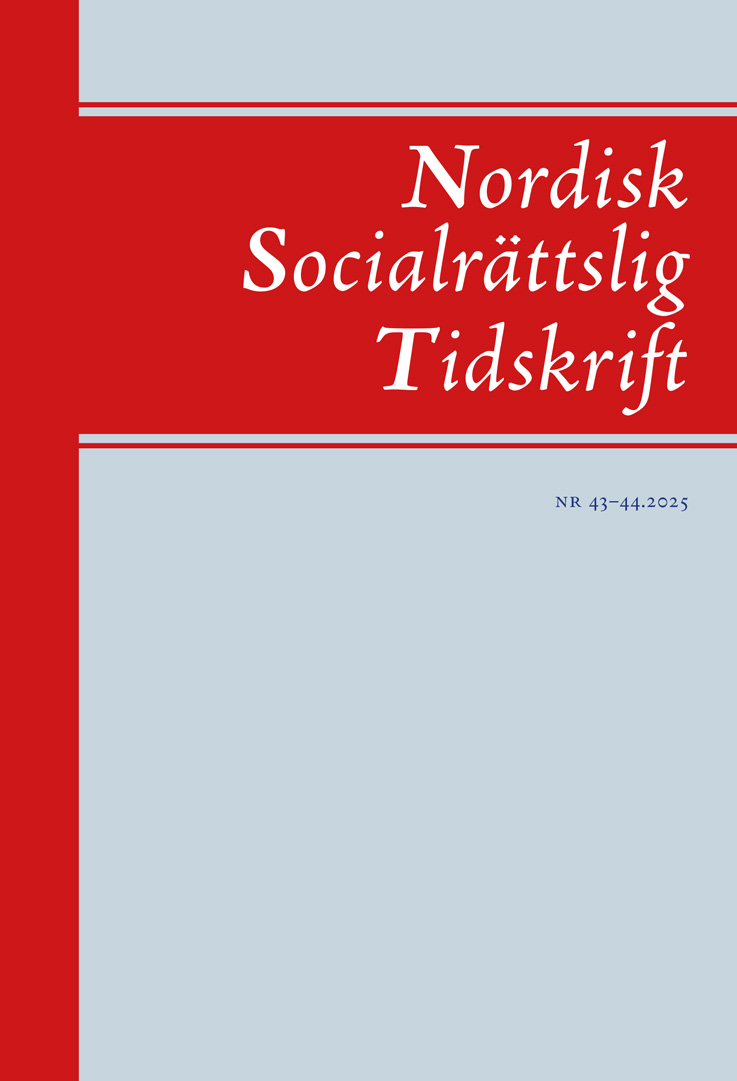Juridik, etik och expertis vid prioriteringar i den svenska hälso- och sjukvården
Published in Nordisk socialrättslig tidskrift nr 43–44.2025, August 2025 s. 7–40
Prioritization among patients is an inherent and unavoidable aspect of all healthcare systems, involving the allocation of limited resources such as time, funding, personnel, and facilities. While this issue is universal, not all jurisdictions have established legal frameworks guiding how such prioritizations should be conducted. In Sweden, the Parliament enacted a statutory ethical platform in 1997 intended to inform healthcare prioritization decisions, based on three guiding principles: the principle of human dignity, the principle of need and solidarity, and the principle of cost-effectiveness.
This article examines the legal and ethical dimensions of prioritization in Swedish healthcare, with particular attention to how decisions are made, by whom, and on what grounds. Despite the formal existence of the ethical platform, the actual processes and models used for prioritization remain opaque, and the interpretation and application of the principles vary significantly across healthcare levels.
We argue that consistent and transparent prioritization practices are essential for maintaining the legitimacy and trustworthiness of the healthcare system. Accordingly, this study aims to clarify the content of the ethical platform and to identify the practical challenges involved in its implementation. Drawing on both legal analysis and medical ethics, the article investigates the operational context of prioritization in contemporary Swedish healthcare and seeks to contribute to the development of more coherent, transparent, and legally robust prioritization frameworks.
Keywords: Prioriteringar, hälso-och sjukvård, medicinsk etik, experter, demokrati
More articles by the same author(s)
Juridik, etik och expertis vid prioriteringar i den svenska hälso- och sjukvården
https://doi.org/10.53292/2d91fddb.ec2adaab
Keywords: demokrati, experter, hälso-och sjukvård, medicinsk etik, Prioriteringar
Published in Nordisk socialrättslig tidskrift nr 43–44.2025, August 2025 s. 7–40
Anmälan. Annkatrin Meyerson, To believe or not to believe – is that the question? A critical study of how the Swedish migration courts handle their responsibility to judge in asylum cases, Juridiska institutionen, Handelshögskolan vid Göteborgs universitet, 2023, 324 sidor, 3 appendix
https://doi.org/10.53292/0c398e5c.5dd94f46
Published in Nordisk socialrättslig tidskrift nr 37.2024, April 2024 s. 85–92

